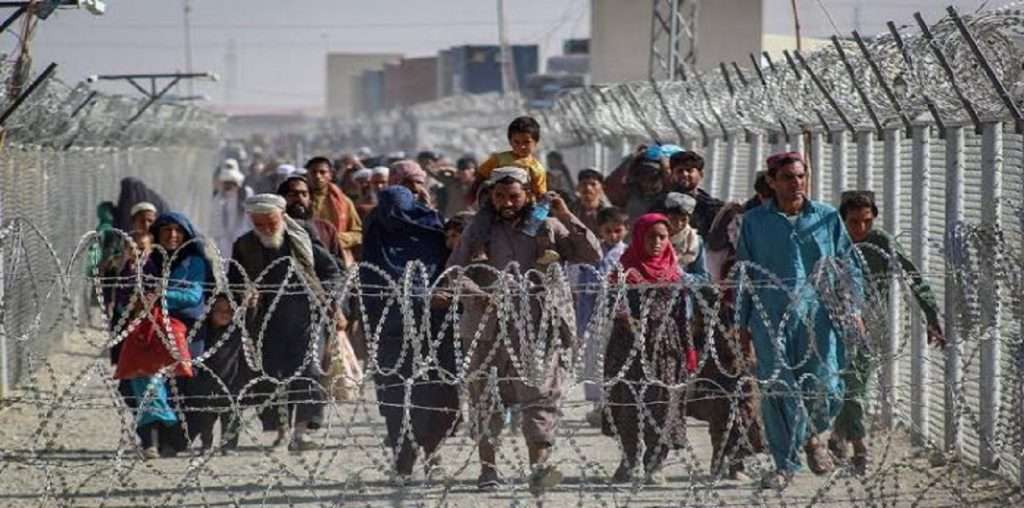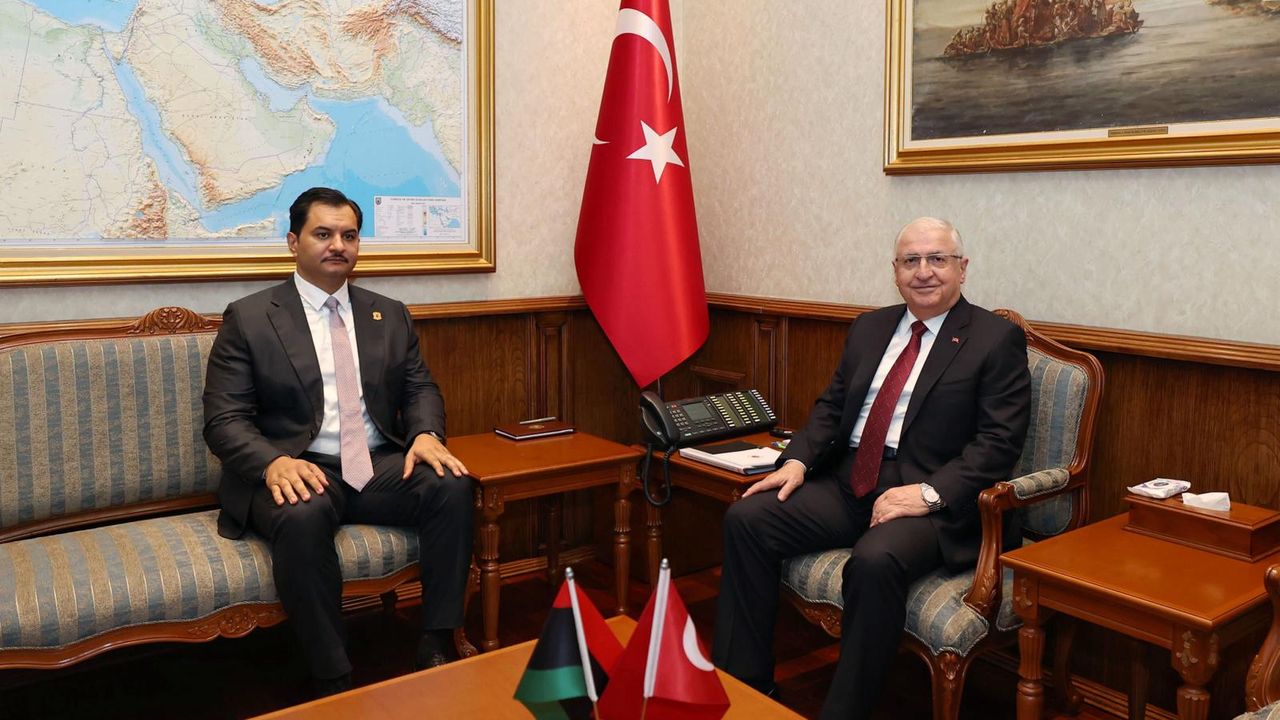Iran: Afghan migrants are scapegoated by mass deportations

In the tense environment of post-war Iran, Afghan migrants feel targeted as mass deportations send roughly 2.6 million back to the already struggling Afghanistan, The Arab Weekly plus agencies reported on July 3rd.
During the recent conflict between Iran and Israel, targeted missile and drone strikes, backed by the Mossad and their intelligence, killed top Iranian commanders. Suspicions have been raised around Afghan migrants’ complicity in the Israeli attacks, with Iranian media platforms rife with accusations that some of the Afghan nationals acted as spies for Israel.
Iranian state television aired several reports of incarcerated Afghan citizens allegedly confessing to being Israeli agents. One of which, aired on June 26th, showed a largely Afghan pool of suspects being accused of conspiring to bomb a power station in southeastern Tehran. Another notorious case saw Iranian authorities arrest an Afghan university student on the grounds he was allegedly linked to the Mossad. They reportedly accused him of being caught in possession of sensitive material on bomb-making, drone mechanics, and surveillance operations.
Iran’s Border Police Chief, Brigadier General Ahmad-Ali Goudarzi, cautioned bordering countries to refrain from conducting espionage or any form of covert operation within Iran, especially Afghanistan. Tehran has also given a deadline of July 6th for any undocumented Afghan migrants to leave the country.
As reported by Maghrebi on June 25th, as well as The New Arab, the Israel-Iranian war left thousands of Afghan refugees facing systemic discrimination, restricted movement, and the risk of deportation. Afghan national Enayatullah Asghari said: “They saw us as suspected spies and treated us with contempt.” Asghari described how animosity “from ordinary people to the police and government” meant that Afghans were treated as enemies and saboteurs.
The United Nations refugee agency estimated Iran deported more than 30,000 Afghans per day during the conflict, a stark increase from the 2000 per day seen before. With over 230,000 deported in June, many refugee organisations believe these expulsions could trigger a humanitarian crisis in Afghanistan.
Iranian government spokeswoman Fatemah Mohajerani spoke on July 2nd regarding the issue: “We’ve always striven to be good hosts, but national security is a priority, and naturally illegal nationals must return.” She did not mention a hunt for spies and Iran says it will keep up action on illegal immigrants.
With over 1.2 million Afghans returning from Pakistan and Iran this year alone, often with nothing but the clothes on their back, concerns are rising around the further destabilisation this could impose on Afghanistan.
Arafat Jamal, the UN refugee Agency (UNHCR) representative for Afghanistan, said: “This is a recipe for a great amount of instability in the region for sure.” He mentioned that “Afghans are being scapegoated” and how “some of the anger of the war is being taken out on them.”
The UN mission for Afghanistan, UNAMA, also said the amount of deportees could be detrimental for the country. With foreign aid slashed and the Taliban government struggling fiscally, the future of Afghanistan faces serious adversity.
The Arab Weekly plus agencies, Maghrebi.org, The New Arab
Want to chase the pulse of North Africa?
Subscribe to receive our FREE weekly PDF magazine











